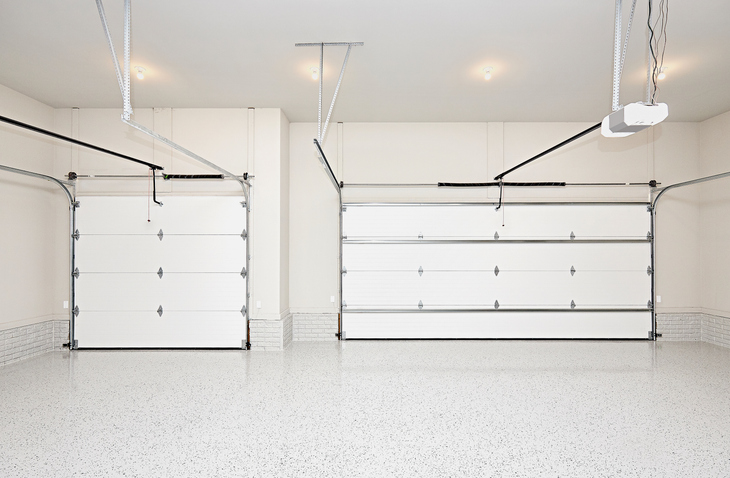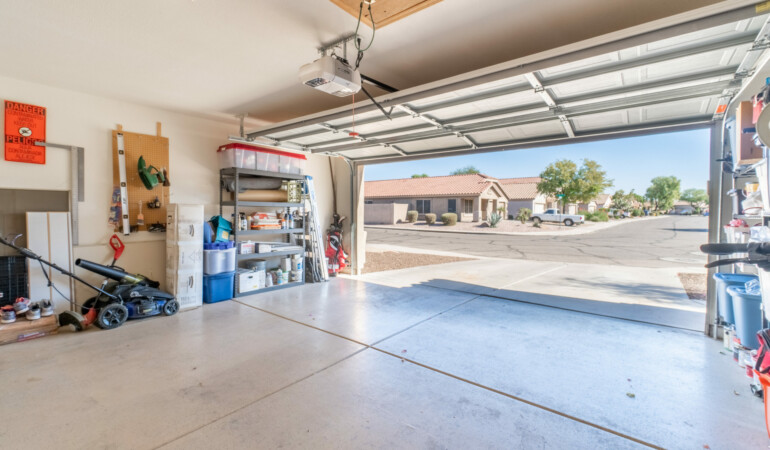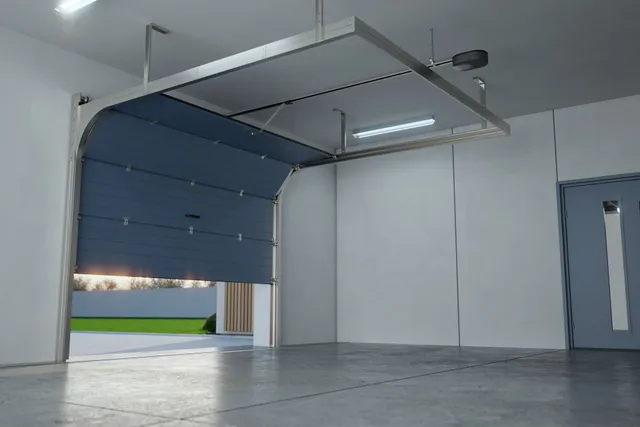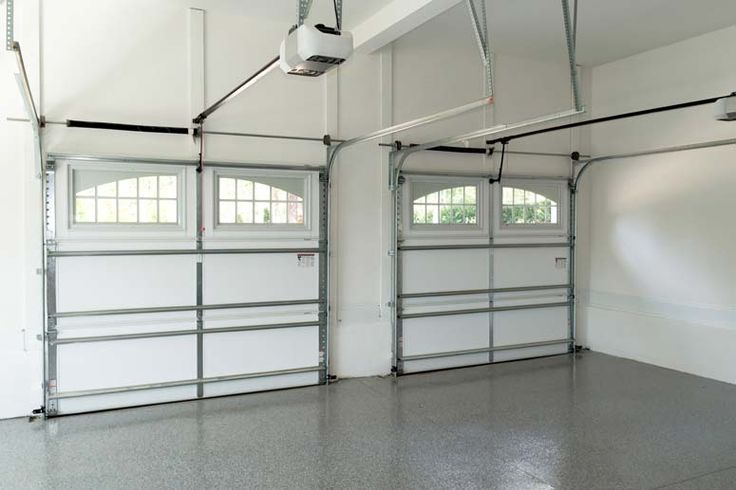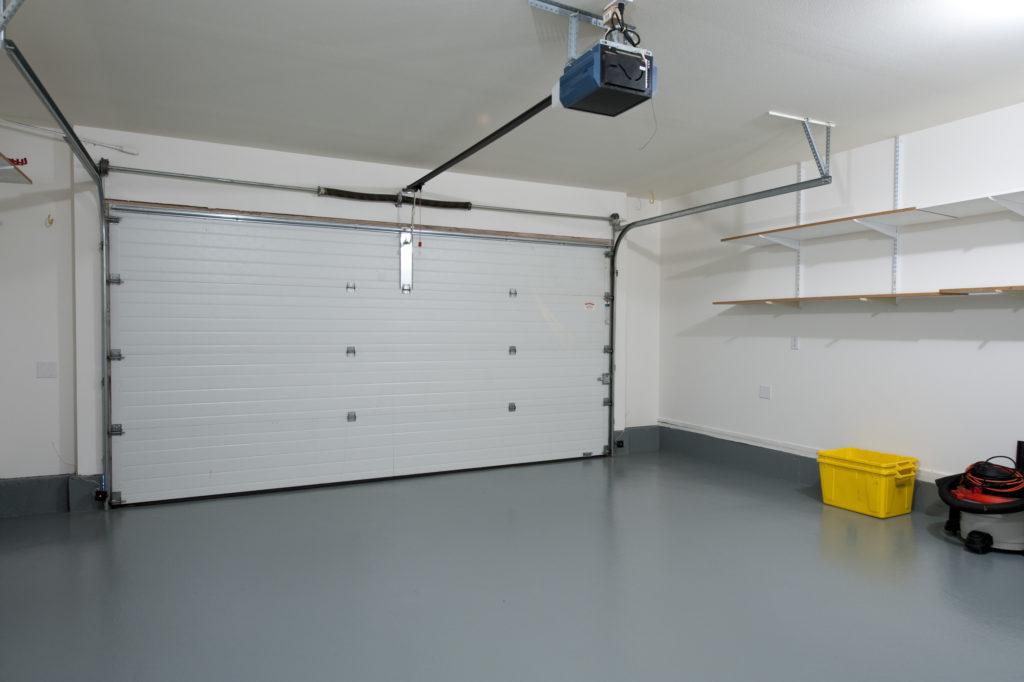When considering garage door insulation thickness, many homeowners wonder what the best option is for their homes. The right insulation thickness can significantly impact your home’s energy efficiency, comfort, and even the longevity of your garage door. In this article, we will explore the importance of choosing the right garage door insulation thickness and how it can benefit you in the long run.
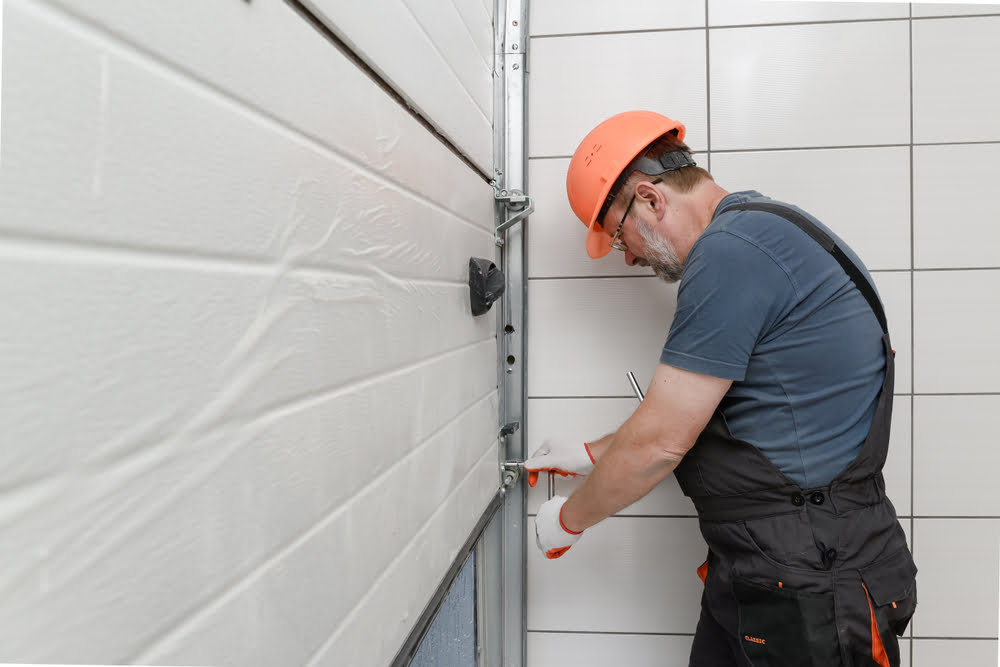
Understanding Garage Door Insulation
Garage door insulation is designed to help regulate the temperature inside your garage. It prevents heat from escaping during the winter and keeps the cool air in during the summer. This not only contributes to a more comfortable garage but also helps in reducing energy costs.
Types of Insulation
There are several types of insulation available for garage doors, including foam boards, reflective insulation, and batt insulation. Each type has its unique properties and benefits.
Why Insulation Thickness Matters
The thickness of the insulation is crucial because it determines how effective the insulation will be. Thicker insulation typically provides better thermal resistance and soundproofing. It’s important to choose the right thickness for your specific needs and climate conditions.
Benefits of the Right Insulation Thickness
Choosing the correct garage door insulation thickness offers several benefits:
Energy Efficiency
Proper insulation can lead to significant savings on your energy bills. By maintaining the temperature inside your garage, your heating and cooling systems won’t have to work as hard, leading to lower energy consumption.
Improved Comfort
A well-insulated garage door keeps the temperature more consistent, making it a more comfortable space year-round. This is especially important if you use your garage as a workshop or an additional living area.
Noise Reduction
Thicker insulation also helps in reducing noise levels, both from outside and within the garage. This can be particularly beneficial if you live in a noisy neighborhood or if you use noisy equipment in your garage.
Durability
Insulation can also add to the durability of your garage door by providing an extra layer of protection against external elements.
Choosing the Right Insulation Thickness
When selecting the right garage door insulation thickness, consider the following factors:
Climate
The climate in your area plays a significant role in determining the appropriate insulation thickness. Colder climates typically require thicker insulation to maintain energy efficiency, while milder climates may need less.
Garage Usage
How you use your garage also impacts the insulation thickness needed. If it’s used as a living space, workshop, or storage area for temperature-sensitive items, you may need thicker insulation.
Budget
Your budget will also influence your choice. While thicker insulation can be more costly upfront, it often results in greater energy savings over time.
Installation of Garage Door Insulation
Installing garage door insulation can be a DIY project for those with some handy skills, but it’s often best left to professionals, especially for complex insulation types.
Professional Installation
Hiring a professional ensures that the insulation is installed correctly, providing the maximum benefits. Professionals can also help you choose the right thickness and type of insulation for your needs.
DIY Installation
If you decide to install the insulation yourself, make sure to follow the manufacturer’s instructions carefully. This will help you achieve the best results and avoid any issues.
Maintenance and Longevity
To ensure that your garage door insulation continues to perform well, regular maintenance is important. This includes checking for any signs of wear or damage and replacing any worn-out insulation.
Regular Inspections
Conduct regular inspections to ensure that the insulation is still intact and effective. Look for any gaps, tears, or other damage that might compromise its performance.
Replacements
Over time, insulation may need to be replaced to maintain its effectiveness. Be proactive in replacing old or damaged insulation to ensure continued energy savings and comfort.
Cost Considerations
The cost of garage door insulation varies based on the type, thickness, and installation method. While it can be an investment, the long-term savings on energy bills often justify the initial expense.
Conclusion
Choosing the right garage door insulation thickness is an important decision for any homeowner. It impacts energy efficiency, comfort, noise levels, and the durability of your garage door. By understanding your specific needs and considering factors such as climate, garage usage, and budget, you can make an informed choice that will benefit you for years to come.
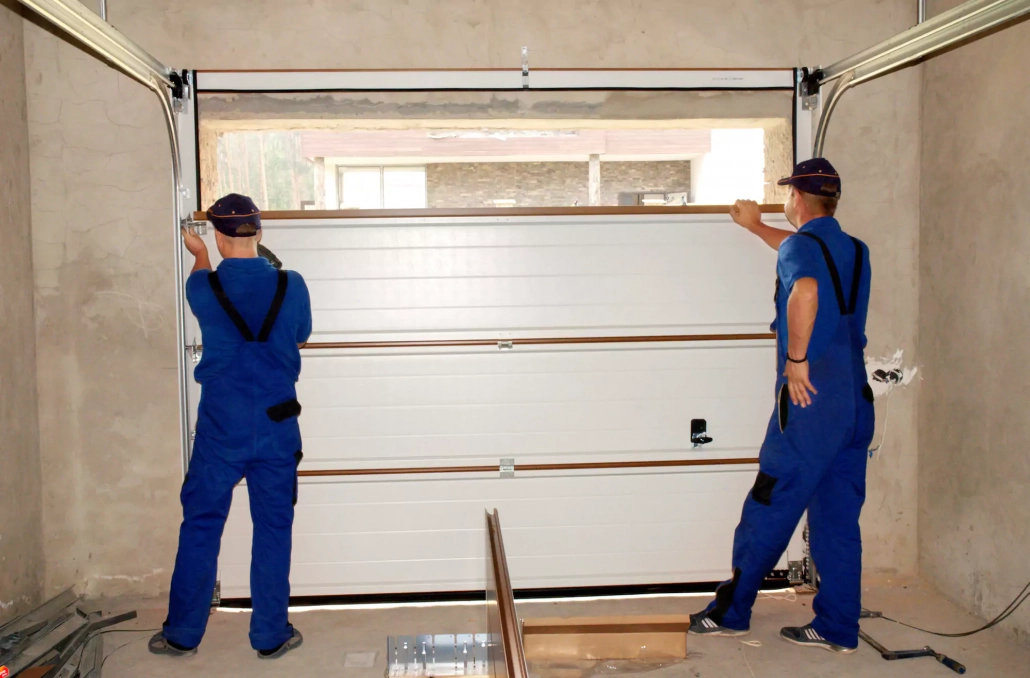
FAQ
What is the best insulation thickness for my garage door?
The best insulation thickness depends on your climate, garage usage, and budget. Colder climates typically require thicker insulation.
Can I install garage door insulation myself?
Yes, but professional installation is often recommended to ensure the best results.
How often should I replace my garage door insulation?
Insulation should be replaced when it shows signs of wear or damage, which can vary based on usage and environmental conditions.
This article contains affiliate links. We may earn a commission at no extra cost to you.




